길에 나설 때 사고의 위험은 항상 존재한다. 누구도 언제 포트홀을 만나거나 무모한 운전자를 마주치거나 장애물과 충돌할지 모른다. 그 결과는 부상, 분쟁, 법적 복잡함, 그리고 비용일 수 있으며, 이는 보험으로 커버될 수 있다 (하지만 종종 길고 논쟁적인 과정 뒤에).
네, 사고를 완전히 피할 수는 없지만, 발생한 피해에 대한 비용은 보상받을 수 있습니다. 단, 무슨 일이 있었는지를 도청하고 기록하는 장치가 있다면 말이죠: 바로 블랙박스입니다. 이 기술 장치는 자동차의 대시보드나 자전거의 핸들바에 설치되어 전방 도로를 주시하며 인간의 기억이 놓칠 수 있는 모든 핵심적인 세부 사항을 캡처합니다.
이 블로그는 대시캠 영상 설치가 사고 보상 청구에 어떻게 유용할 수 있는지, 그리고 이것이 라이더를 사기와 불필요한 법적 분쟁으로부터 어떻게 보호하는지를 설명합니다.
사고 청구에서의 사용
대부분의 차량이 보험에 가입되어 있는 것은 일반적인 관행이다. 하지만 만약 그런 경험이 있다면, 보험 회사에 책임을 입증하기가 얼마나 어려운지 알 것이다. 바로 그때 대시캠이 당신의 주장을 강화하는 데 도움을 준다.
결함 확인하기
‘사고’라는 단어는 의도하지 않은 상황을 의미한다. 하지만 솔직히 말해, 대부분의 운전자는 자신의 잘못을 인정하지 않으며, 때로는 사건이 너무 빠르게 전개되어 책임을 명확히 규명하기 어렵다.
블랙박스는 추측의 여지를 없애줍니다. 예를 들어, 다른 운전자가 신호 없이 당신의 차선으로 돌진하거나 신호를 위반하여 충돌이 발생한 경우, 영상은 그들의 과실을 부인할 수 없는 증거로 제공합니다.
청구 피해 평가하기
손해 사정인이나 상대방 당사자 여부에 관계없이 회의적인 시각이 자주 제기됩니다. “충돌로 인해 실제로 이 손상이 발생했는지, 아니면 기존의 찌그러짐이었는지?”와 같은 질문이 일반적입니다.
대시캠 영상은 충돌과 그로 인한 손상을 시각적으로 연결하여 기존 문제나 과장된 주장에 대한 의혹을 없앱니다.
귀하의 이벤트 버전 확인하기
분쟁이 법원이나 중재로 발전할 경우, 블랙박스 영상은 당신의 말 없는 변호사가 됩니다. 이 영상은 사건의 실시간 순서를 재생합니다 – 신호 위반, 급제동, 또는 보행자의 갑작스러운 횡단 등이 그것입니다 – 이를 통해 당신의 진술을 입증하고 공정한 보상을 위한 주장을 강화시킵니다.
클레임 가속화
명확한 녹음은 관료적 절차를 뚫고 나아간다. 보험사들은 타임스탬프가 찍히고 객관적인 증거를 쉽게 부인할 수 없다. 이는 합의를 가속화하여 당신에게 몇 주간의 왔다 갔다 하는 번거로움을 덜어준다. "그가 말하기를/그녀가 말하기를" 대신 "이것이 실제로 일어난 일입니다"라고 말이다.
운전자를 위한 기타 혜택
보험 청구에 도움을 주는 것 외에도, 블랙박스는 운전자를 경제적 및 법적으로 보호하는 추가적인 이점을 제공합니다.
보험 할인 받기
그렇다: 블랙박스는 운전자에게 도움이 되지만, 보험사에도 상호 이익이 된다. 사기성 청구를 더 빨리 걸러냄으로써 회사들은 시간과 비용을 절약할 수 있다. 아직 널리 퍼지지는 않았지만, 몇몇 보험 제공업체는 블랙박스를 설치한 운전자에게 할인(5~10%)을 제공할 수 있다.
사기 방지
블랙박스는 사기 행위에 대한 강력한 억제 수단이다. 예를 들어, "현금을 위한 충돌" 계획에서 보행자가 갑자기 차 앞에 뛰어드는 상상을 해보라. 영상은 조작된 사고, 가짜 부상, 또는 고의적인 급정거를 폭로할 수 있다. 이는 당신이 다른 사람의 사기에 대해 비용을 지불하는 것을 방지할 뿐만 아니라, 애초에 블랙박스가 장착된 차량을 범죄자들이 표적으로 삼는 것을 억제한다.
교통 위반에 대한 도움말
교통 위반으로 잘못 지목되었다면, 예를 들어 신호를 위반하거나 제한 구역에 주차한 경우, 대시캠이 당신의 주장을 뒷받침할 수 있습니다. 주차 위반 딱지에 소화전을 가로막았다는 내용이 있지만, 영상 자료에는 소화전에서 3피트 떨어진 곳에 합법적으로 주차한 것이 확인된다면 이는 당신의 무고를 입증하거나 적어도 벌금을 줄이는 데 도움이 될 수 있습니다.
대시캠 영상의 법적 고려사항
블랙박스 영상은 사고 청구, 특히 중대한 사례에서 법정에서 중요한 증거가 될 수 있습니다. 법원은 일반적으로 해당 영상이 명확하고 관련성이 있으며 조작되지 않은 경우 이를 받아들입니다.
그러나 법률은 주마다 다르며, 프라이버시는 큰 우려 사항이다. 캘리포니아와 앨라배마와 같은 일부 미국 주에서는 음성 녹음을 위해 양측의 동의가 필요하다는 의미로, 모든 관련자가 녹음에 동의해야 한다. 따라서 녹음은 지역의 주 법률을 고려하고 변호사와 상담하여 사용되어야 한다.
자동차나 오토바이용 고품질 대시캠이 필요하세요? AKEEYO를 구입하세요!
지금쯤이면 대시캠이 예상치 못한 사고로부터 당신을 보호하고 장기적으로 비용을 절약할 수 있는 현명한 투자라는 점에 동의하셨을 겁니다. 하지만 한 가지 문제가 있습니다: 영상이 흐리거나 불완전하거나, 차량 번호판이나 도로 표지판과 같은 중요한 세부 사항을 포착하지 못한다면 그 영상은 쓸모가 없습니다.
이것은 적절한 블랙박스를 선택하는 것이 단순히 소유하는 것만큼 중요한 이유입니다. 도로 안전 데이터에 따르면 더 높은 사고 위험에 직면한 이륜차 운전자에게는 손떨림 방지 기술이 적용된 콤팩트하고 방수 처리된 카메라가 필수적입니다. 한편, 자동차 운전자는 차선 변경을 기록하기 위한 전방 카메라든, 주차장에서의 충돌을 포착하기 위한 360도 뷰 카메라든 신뢰할 수 있는 영역을 커버하는 것이 필요합니다.
AKEEYO에서는 실제 환경에서의 신뢰성을 위해 설계된 블랙박스에 특화되어 있습니다:
자전거용, 우리는 높은 속도에서도 선명한 4K 영상을 촬영할 수 있는 20MP 카메라를 보유하고 있습니다.
자동차용, 전후방 듀얼 렌즈 모델, 야간 투시 기능, 그리고 사각지대를 제거하기 위한 360° 커버리지를 제공합니다.


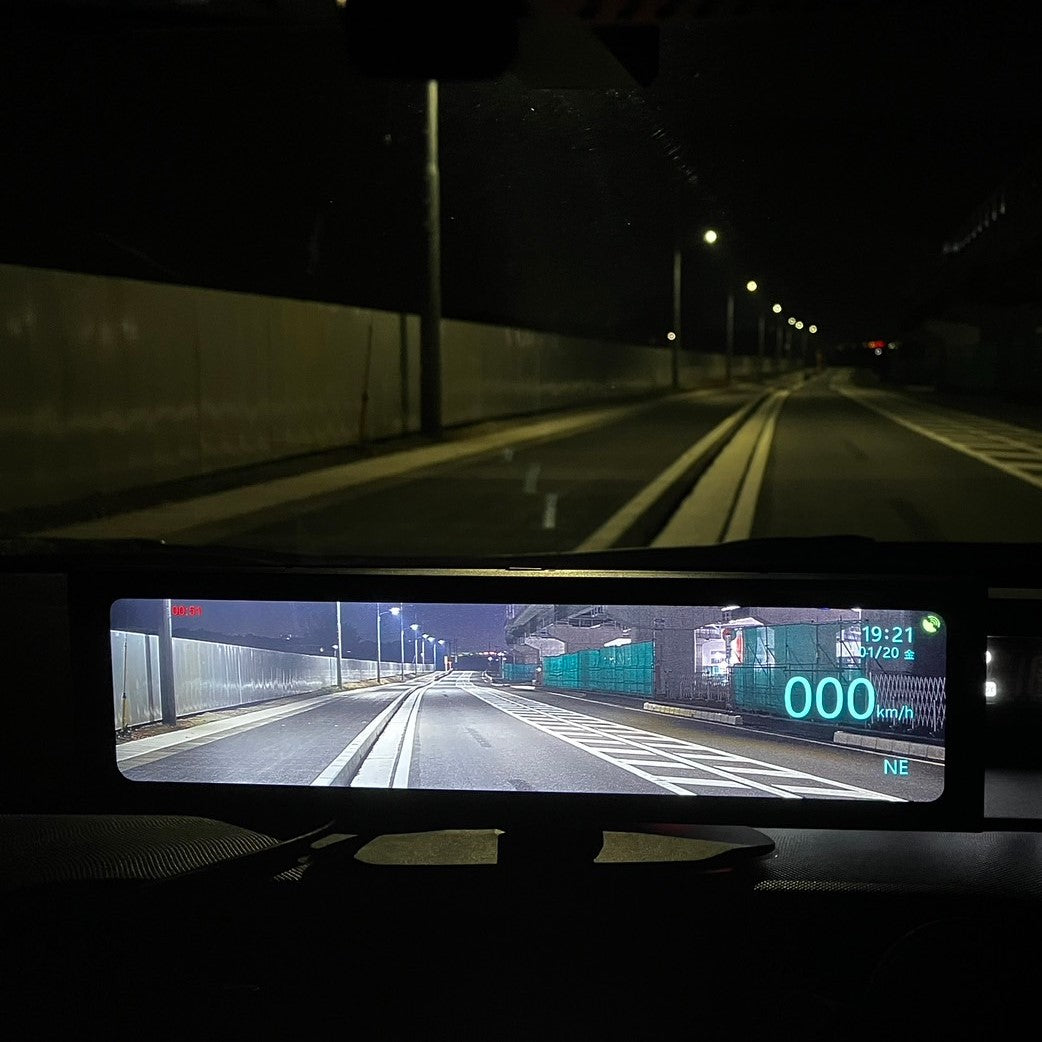
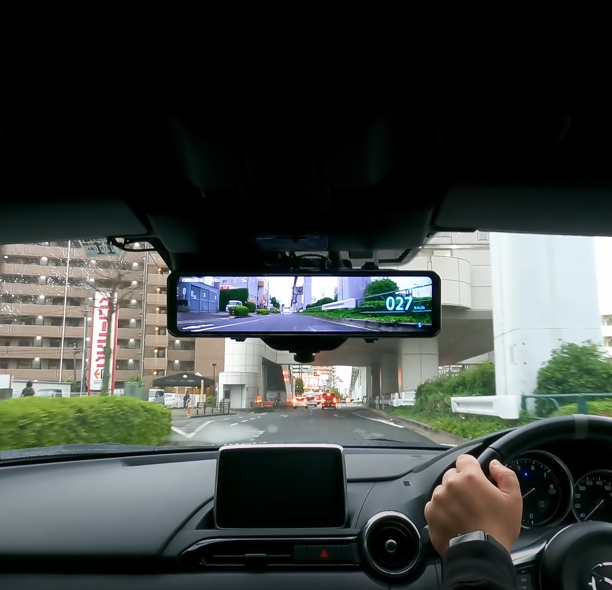
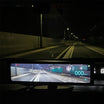
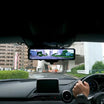
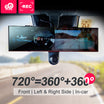
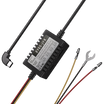

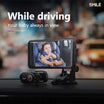
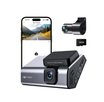
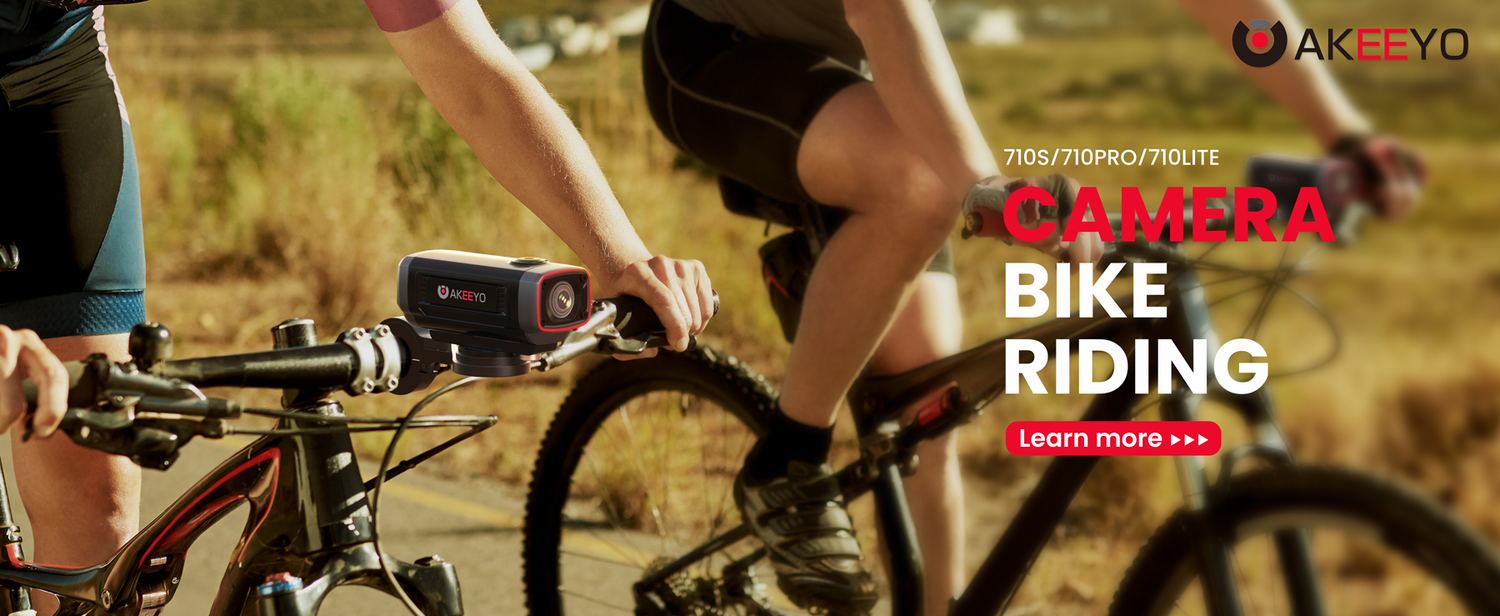
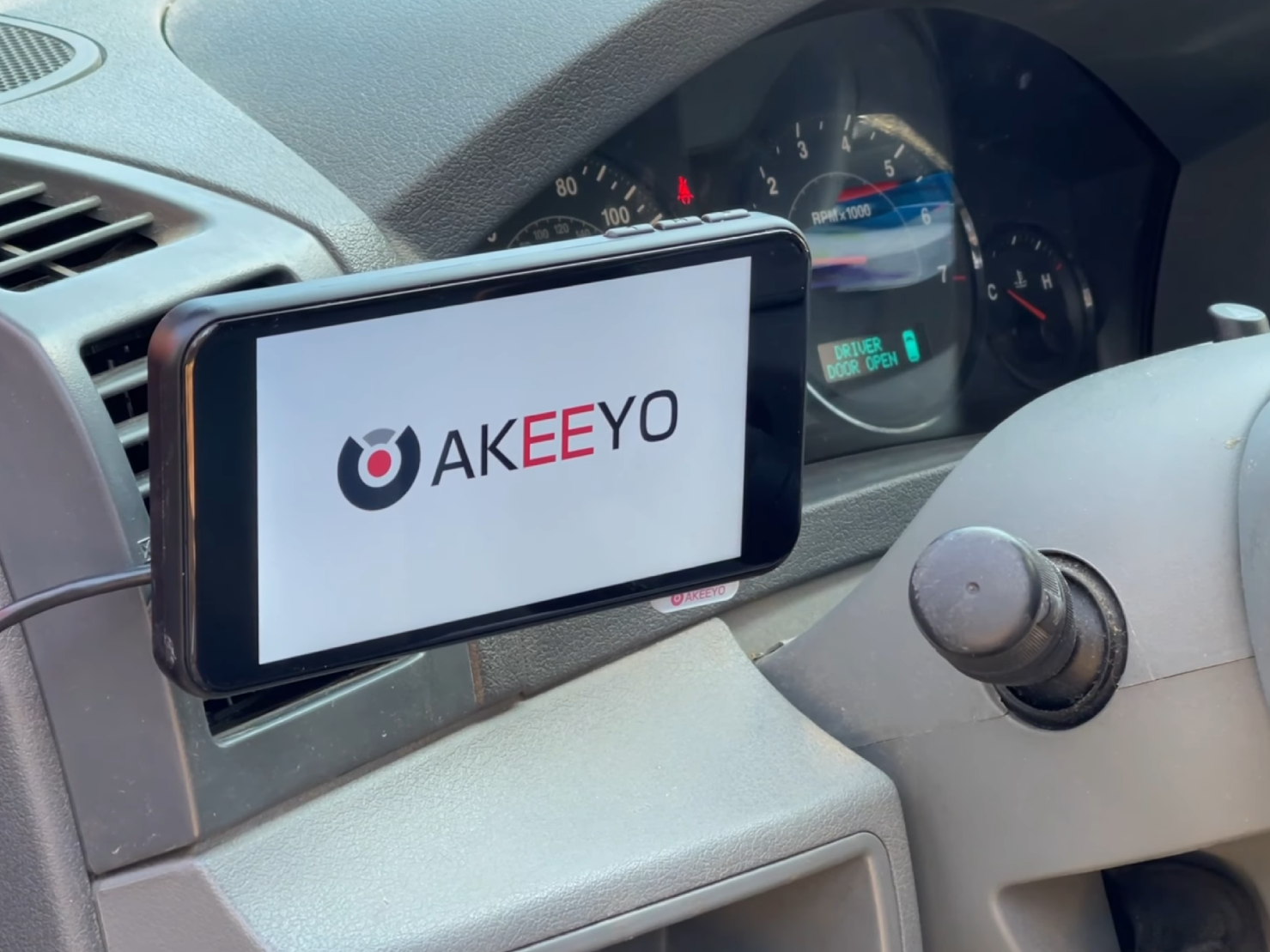
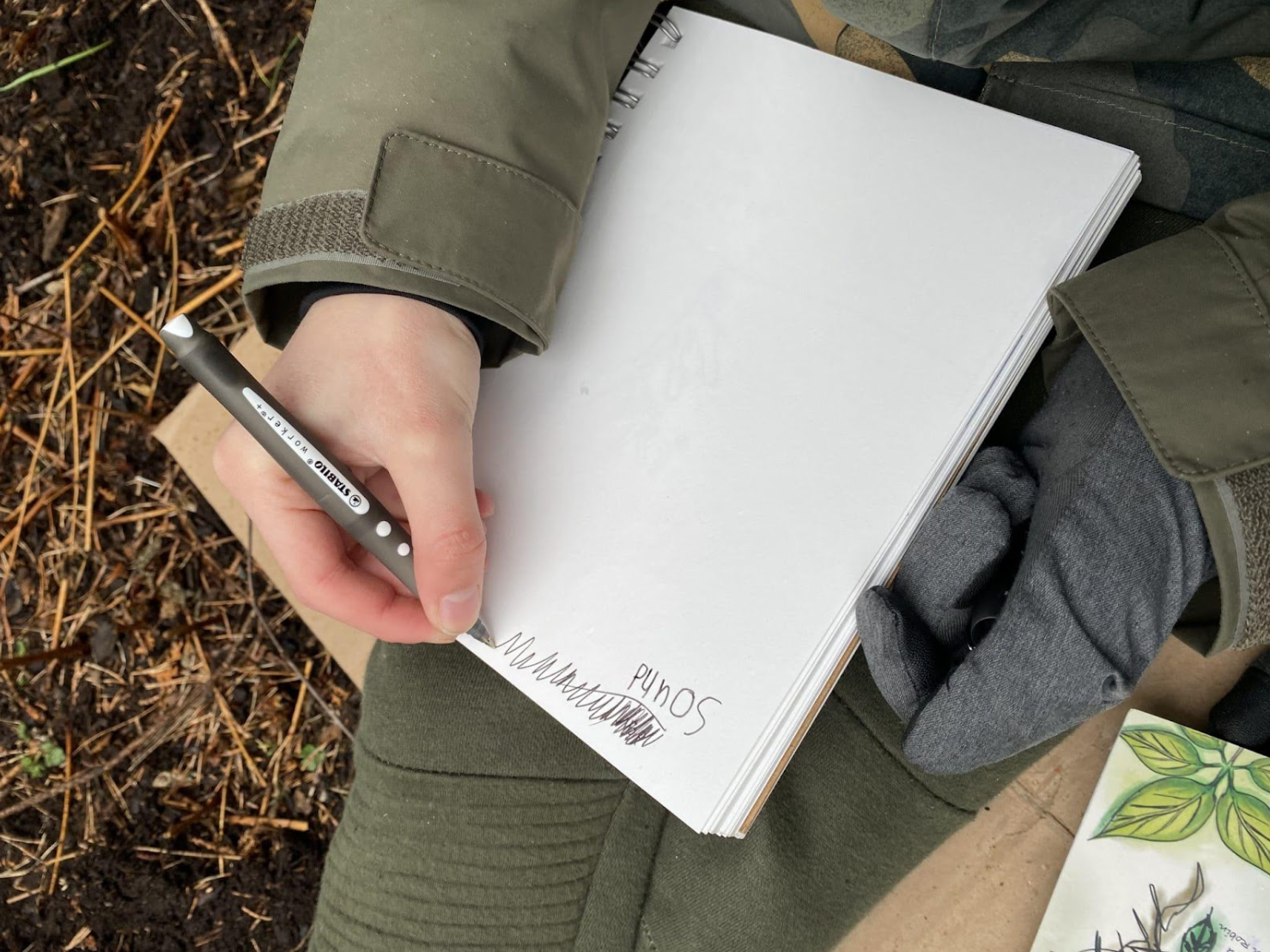
댓글 남기기
모든 댓글은 게시 전 검토됩니다.
이 사이트는 hCaptcha에 의해 보호되며, hCaptcha의 개인 정보 보호 정책 과 서비스 약관 이 적용됩니다.